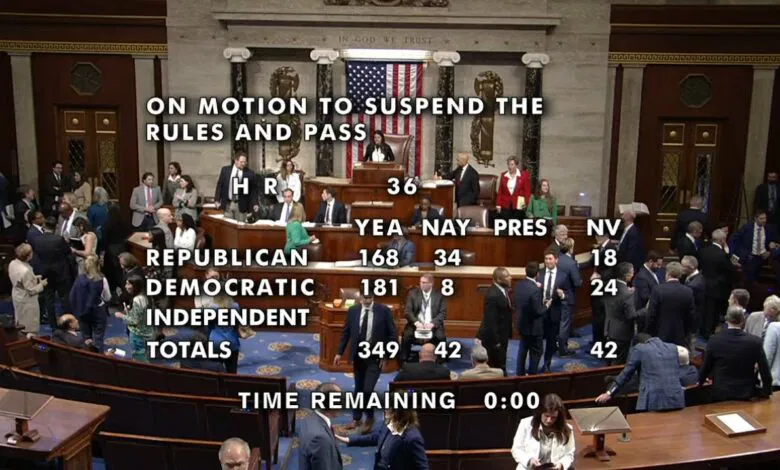A Strategic Signal to Georgia’s Government and People
The passage of the MEGOBARI Act by the U.S. House of Representatives signifies a deepening concern within American policymaking circles over the trajectory of democratic governance and rule of law in Georgia. Formally titled the Georgia Accountability, Resilience, and Independence Capacity Building and Mobilization Act, the legislation not only expresses solidarity with the Georgian people but also introduces a tangible mechanism—namely, targeted sanctions—to address what lawmakers perceive as backsliding on democratic norms and human rights protections by Georgian authorities.
The overwhelming bipartisan support for the bill (349 to 42) underscores a rare consensus in Washington on the strategic importance of Georgia as a partner in the South Caucasus. It also reflects growing unease with recent political developments in Tbilisi, including allegations of democratic erosion, judicial manipulation, and repression of civil society. The Act can thus be viewed not merely as a foreign policy gesture, but as part of a broader strategy to counteract malign influences—particularly from Russia—in the region by reinforcing democratic resilience.
The political symbolism embedded in the bill’s name, “MEGOBARI,” which translates to “friend” in Georgian, indicates an intentional rhetorical alignment with the Georgian populace as distinct from the current political leadership. This framing suggests a dual message: the U.S. remains committed to Georgia’s Euro-Atlantic aspirations, but is increasingly willing to apply pressure where it sees deviations from shared democratic values.
As the bill proceeds to the Senate, its fate will reveal not only the depth of congressional engagement with Georgia but also broader U.S. strategic priorities in Eastern Europe and the Caucasus. If enacted, the MEGOBARI Act could mark a shift toward a more assertive American policy in the region, emphasizing conditionality and accountability over mere diplomatic support.



